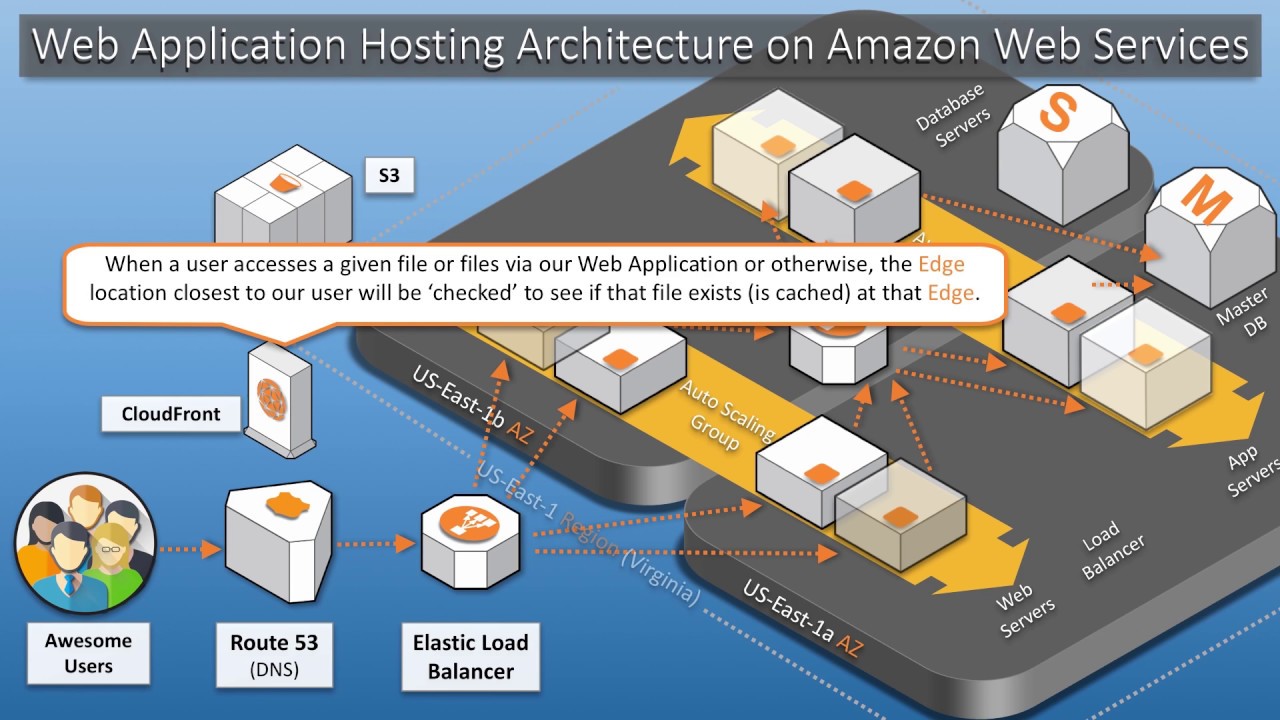In the fast-paced world of technology, data has become the new gold. The growing demand for data professionals reflects the increasing need for businesses to make informed decisions based on data-driven insights. If you’re a tech professional, a career switcher, or a data analyst looking to advance your career, you may be wondering whether data science or data engineering pays more.
Both fields have seen significant growth, but they involve different roles and responsibilities. Understanding these differences is crucial for anyone considering a career in data. In this blog post, we’ll compare data science and data engineering, explore market demand, salaries, educational pathways, job satisfaction, and future outlooks. By the end, you’ll have a clearer picture to help guide your career decision.
Data Science vs. Data Engineering
Data science and data engineering are two integral parts of the data ecosystem, but they serve distinct purposes. Data scientists focus on extracting insights from data. They build models using statistical methods and machine learning to predict trends and patterns. Their toolkit often includes programming languages like Python and R, along with libraries for data manipulation and visualization.
On the other hand, data engineers are the architects of data pipelines. They design, build, and maintain the infrastructure that allows data to be collected, stored, and accessed efficiently. Proficiency in tools such as SQL, Hadoop, and Spark is essential for data engineers. They ensure that data is clean, reliable, and ready for analysis by data scientists.
While both roles require analytical thinking and problem-solving skills, data scientists tend to focus on interpreting data and providing actionable insights, whereas data engineers focus on the practical implementation of data solutions. Understanding these core objectives can help you identify which field aligns more closely with your interests and skills.
Market Demand and Salary Comparison
The demand for data professionals continues to soar, with data science and data engineering leading the charge. According to industry reports, both roles are among the most sought-after in tech. However, the question remains— which one pays more?
Recent data indicates that data scientists typically earn a slightly higher average salary than data engineers. The median salary for data scientists in the United States is around $120,000 per year, while data engineers earn approximately $110,000. However, these figures can vary significantly based on experience, location, and industry.
In terms of career growth, both fields offer substantial opportunities. Data scientists often move into roles such as lead data scientist or chief data officer, while data engineers can progress to senior data engineer positions or transition into data architecture roles. Ultimately, both paths offer lucrative and fulfilling career trajectories.
Educational and Professional Pathways
Entering the field of data science or data engineering typically requires a solid educational foundation followed by practical experience. For data science, a degree in computer science, statistics, or a related field is commonly pursued. Many data scientists also enhance their skills through specialized programs or boot camps focusing on machine learning and data analysis.
Data engineers, meanwhile, often have backgrounds in engineering or computer science. They benefit from understanding database management and software engineering principles. Continuous learning is crucial in both fields, as new tools and technologies are constantly emerging.
Networking and engaging with online communities can also provide valuable opportunities for learning and professional growth. Platforms like LinkedIn and GitHub are excellent resources for connecting with other professionals and accessing educational content.
Job Satisfaction and Work-Life Balance
Job satisfaction in data science and data engineering largely depends on personal preferences and workplace culture. Data scientists typically enjoy tackling complex problems and working closely with business teams to deliver insights that drive strategy. They often find satisfaction in the creative aspects of model-building and data visualization.
Data engineers, on the other hand, may find fulfillment in the technical challenges of building robust systems and ensuring data quality. They work more closely with IT teams and focus on optimizing data infrastructure, which can be highly rewarding for technically minded individuals.
Work-life balance varies by role and company, though many professionals in both fields report a good balance, thanks in part to the flexible nature of tech positions. However, managing tight deadlines and high expectations can occasionally impact this balance.
Future Outlook
The future looks bright for both data science and data engineering. The demand for data-driven decision-making is only expected to grow, with businesses increasingly relying on data professionals to guide strategy and innovation. Emerging technologies, such as artificial intelligence and the Internet of Things (IoT), will likely intensify the need for skilled data engineers to manage complex data environments.
Data scientists will continue to play a crucial role by leveraging advanced analytics to uncover new insights and drive competitive advantage. Keeping an eye on industry trends and staying updated with the latest tools will be key for both roles in maintaining their relevance and value.
Conclusion
Deciding between data science and data engineering depends on where your interests and strengths lie. If you enjoy uncovering insights and modeling data, data science may be your calling. If building systems and optimizing data flow appeals to you, data engineering could be the perfect fit.
Both fields offer competitive salaries, compelling career growth, and the opportunity to make a significant impact. Whichever path you choose, commit to continuous learning and exploration to stay ahead in this rapidly evolving landscape.
Consider your career goals, evaluate your skills, and explore further resources to guide your decision. Whether you choose data science or data engineering, rest assured that you’re entering a field with abundant opportunities and the potential for great rewards.
























